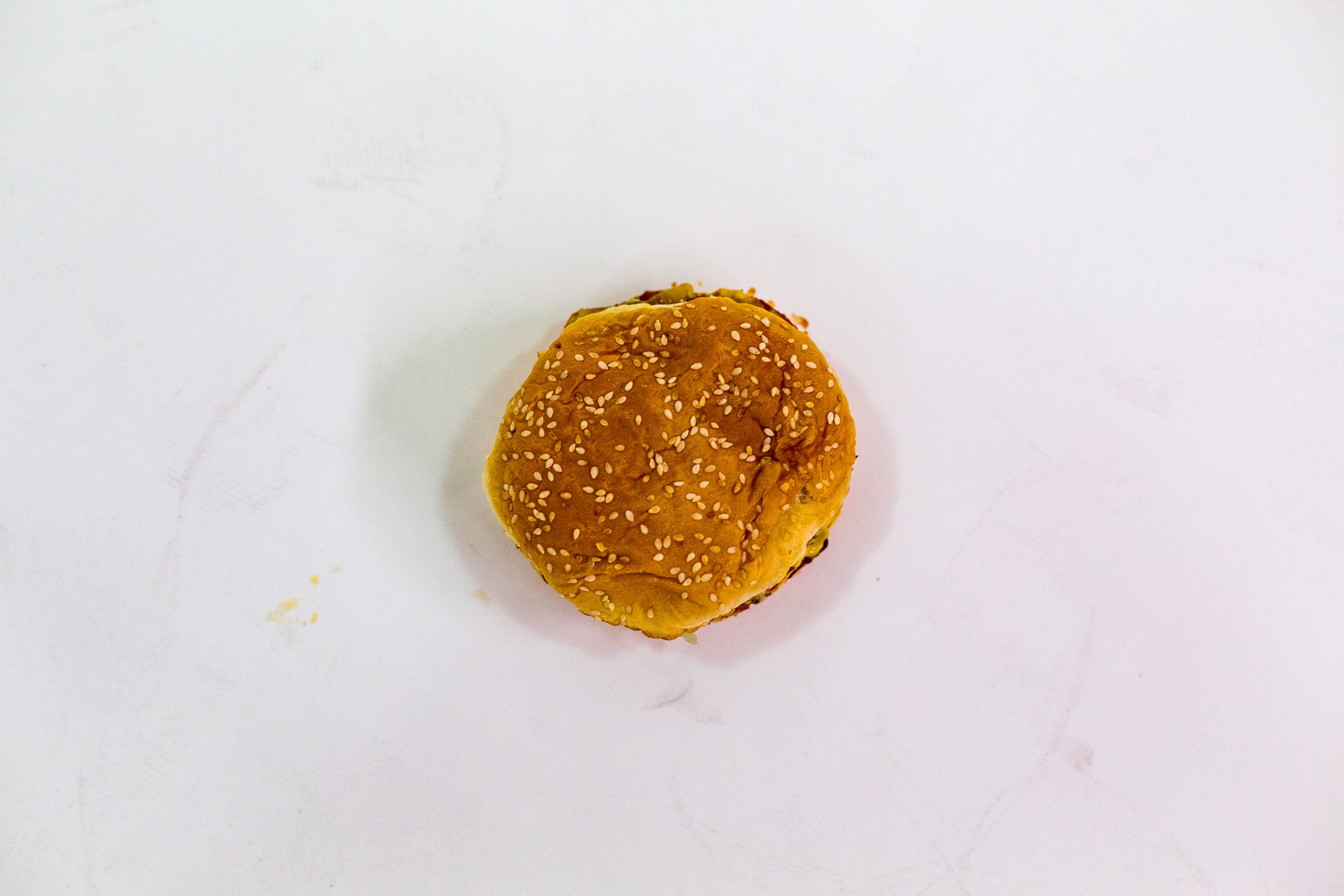
When young people become depressed or go through a life changing event, many will experience a change in their attitude towards food. In some cases this can lead to an eating disorder, which requires medical attention. If this is the case with your loved one, please refer to our resources pages for organisations which can support you, and look here for information on how to spot the warning signs.
Changes to eating habits are not always signs of an eating disorder. Depressed people may stop caring about eating a healthy diet, for example, and choose instead to eat snacks or junk food. If this is how your loved one is eating, you may be worrying about the impact these eating habits will have on their physical and mental well-being.
The relationship between food and mood is well documented. A lack of key nutrients can lead to an increase in depressive symptoms. In the same way, the introduction of certain nutrients into the diet has been shown to help alleviate depression in some cases.
This article is not going to suggest that there is some magic recipe to heal your loved one, but there are small things you can do to add vital nutrients into the diet of a person who doesn’t have the bandwidth to care about such things at the moment.
In Part 2 we’ll look at key nutrients and foods that help support physical and mental health.
